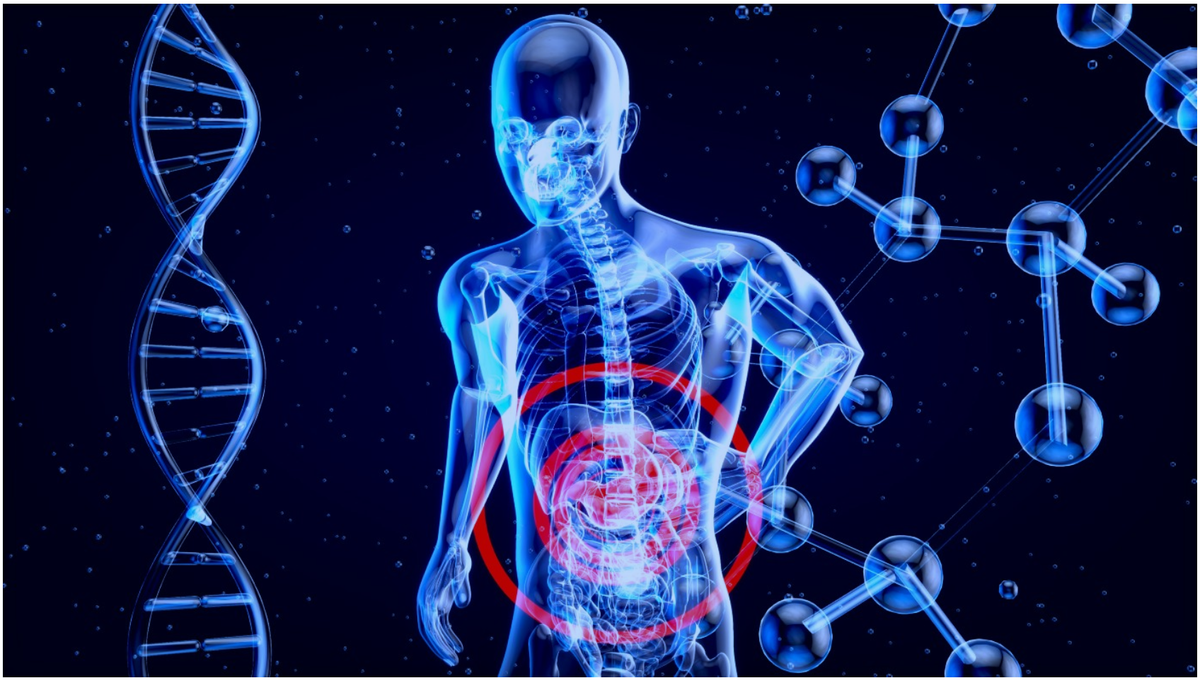Health Guide:

Why Your Gut Needs Regular Breaks From Food:
A critical GI process — one that rebalances your microbiome — only happens when your stomach is empty.
It’s been hours since you last ate, and your stomach is rumbling. Have you ever wondered what’s making it groan?
According to research in the journal Nature Reviews, stomach rumbling is caused by the Migrating Motor Complex or MMC for short. The MMC is a repeating cycle of powerful contractions that help push bits of food, bacteria, and other GI junk down toward your colon — sort of like a swallowing reflex that spans your entire gut. The MMC may be one of the most under-appreciated factors regarding the health of your digestive system.
Emeran Mayer, MD, a professor of medicine and founding director of the Goodman Luskin Microbiome Center at the University of California, Los Angeles, says the strength of these contractions is comparable to a nutcracker. They occur in cycles that last about 90 minutes, and they help ensure that any food molecules left behind following a meal or snack are forced down into your large intestine.
That’s not all they do. “The initial interpretation of this motor pattern was mainly as housekeeping for the gut,” he says. “But today, this has great relevance in the gut microbial habitat.”
If you’re eating throughout the day, your MMC may not have sufficient time to do its essential work.
Along with pushing any left-over bits of food out of your stomach and upper GI tract, the migrating motor complex also appears to rebalance your gut’s bacteria populations so that more of them are located down in your large intestine, as opposed to higher up in your small intestine. This is a good thing. The normal distribution of your gut microbiome should be heavily weighted toward the lower GI tract, Mayer says. An overgrowth of bacteria in the small intestines is associated with gut dysfunction.
“The MMC may also play a role in maintaining a normal gut microbial geography, for example, by regulating the closeness of gut microbes to the intestinal wall,” he says. “This geography, in turn, has a major influence on the interactions of gut microbes with the gut wall and the gut immune system.”
Mayer is the author ofa book about the microbiome's role in immune functioning. He says that some gut bacteria produce molecules that switch off inflammation. Other bacteria support healthy gut-barrier functioning. There’s evidence that the action of the migrating motor complex may support the growth and positioning of these so-called “good” bacteria while reducing the presence of competing “bad” bacteria species.
Here’s the catch: The migrating motor complex only goes to work when your stomach is empty. “The minute you take a bite of food, it shuts down,” Mayer says.
Depending on what you’ve had to eat, your stomach may empty, and your MMC may start up again within an hour. But if you’re eating throughout the day — even if it’s just a little nibble here and there between meals — your MMC may not have sufficient time to do its essential work. Especially when it comes to the repositioning of your gut microbes, several uninterrupted 90-minute cycles of MMC activity may be needed to ensure your microbiome is properly oriented. “Unfortunately, modern eating habits where we’re eating snacks throughout the day leave no time for this [MMC] pattern to happen,” Mayer says.
‘You have the best cleansing regimen built right into your gut if you leave it empty for 12 or 14 hours.’
To ensure the MMC has enough time to perform its duties, aiming for 14 hours without caloric foods or drinks is a good target, he says. For example, you could avoid all calories between 8 p.m. and 10 a.m. “The 14 hours without food intake would allow the MMC to kick in and not only cleanse your gut of any undigestible, unabsorbable food components but also to reestablish the normal proximal-to-distal gradient of gut microbial density,” he says.
The weight-loss effects of intermittent fasting plans garner most of the attention. But the microbiome benefits of taking breaks from food may ultimately prove to be even more significant.
“People always talk about these cleansing diets or regimens,” Mayer says. “Well, you have the best cleansing regimen built right into your gut if you leave it empty for 12 or 14 hours.”

